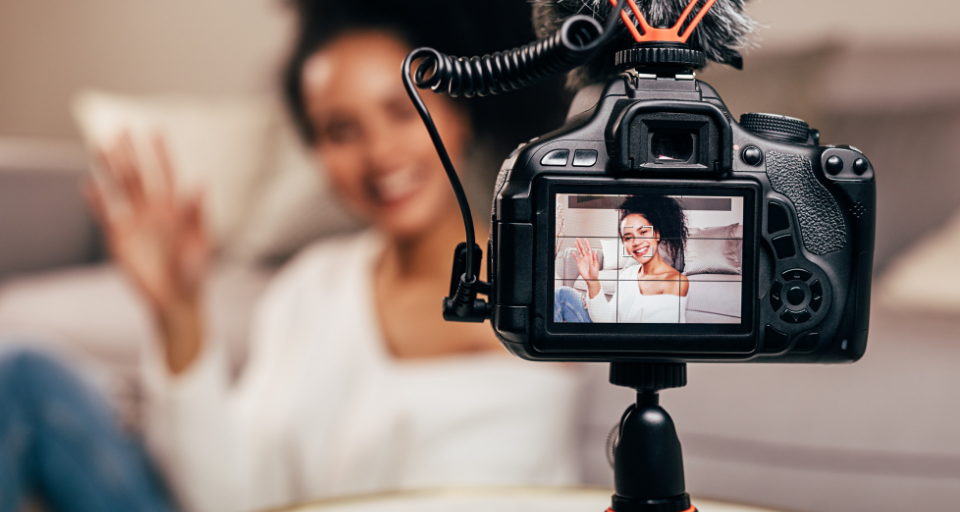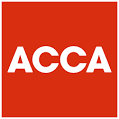Social Media Influencers aren’t exactly “new” anymore; indeed, many marketing agencies now factor hiring and working with influencers on specific campaigns into their budgets. Just a quick Google search shows that there are hundreds of guides, handbooks and courses on how to become a successful social media influencer, but there’s little out there about what to do with your money when you’ve hit the pinnacle of success.
The influencer industry is still relatively young (given that social media as we know it today has been around for less than twenty years) and no one can say for sure how long this will remain marketable, so it’s vital to have some financial planning in place now – just in case.
In this blog series, we’ll talk about how to manage the money you’ve earned as an influencer.
This month, we’re looking at taxes: specifically, what you can include as a business expense.
First up, let’s define business expenses
Allowable business expenses are purchased products or services that help to keep a business running. These are deducted from income when calculating taxable profit (meaning that they will not be counted towards your tax bill).
Now let’s get a bit more specific about what you can actually claim as a legitimate business expense.
Tools
We’re not talking about chainsaws and screwdrivers here (although if you’re a DIY influencer, you could certainly include these!). We’re talking more about technology, such as:
- Your phone
- Your camera
- Lights (such as ring lights/halo lights)
- Tripods and selfie sticks
- Computers
- Printers
Software
- Video editing software (including subtitle generators)
- Cloud accounting software, such as Xero, Quickbooks etc
- Image editing software/apps (think Photoshop, Over, Canva, InShot…)
- Email marketing platforms
- Website hosting
- Social media scheduling and analytic tools
- Streaming software
- Subscriptions (eg Zoom, Adobe Creative Cloud, Dropbox etc)
Non-gifted products
This is especially relevant to new influencers who haven’t yet built up their following. If, for example, you’re a makeup artist/influencer and you’ve bought a certain lipstick to review, you can claim the cost of that lipstick as a business expense.
However, you must keep a record of what you’ve bought and the purpose intended for the product. It may seem like a small thing, but keep your financial records squeaky clean. This will stand you in good stead if you ever face an audit.
Remember to keep business purchases and personal purchases separate. Having a separate bank account for your business will help you to keep track of spending.
For established influencers who have enough social clout to receive gifted products for promotion, you cannot claim these products as an expense, as you are not the business that has paid for them.
Online training courses
Influencers are known for being self-made businesspeople: everyone loves an entrepreneur origin story! And in these stories, we often hear how the entrepreneur has learned their skills as they go, whether that’s through personal study or mentorship.
If, for example, you undertake a course on video editing, you could claim the cost of this as a business expense. You can also claim for the cost of membership sites.
Utility bills
Many influencers will be working from their own homes, and you can claim some tax relief for this. There are two ways to calculate this: one, you can figure out your expenses by working out the actual costs: or two, you can use HMRC’s flat rate based on the hours you work from home each month.
The flat rate is detailed below:
25 to 50 hours of business use per month –> £10 flat rate per month
51 to 100 hours of business use per month –> £18 flat rate per month
101 and more hours of business use per month –> £26 flat rate per month
If you’re unsure as to which method will be most tax-efficient for your business, HMRC has a simplified expenses checker to help you compare (bear in mind this is only appropriate for those who work from home for 25 hours or more each month).
Other things you could claim for:
Insurance (travel insurance, equipment insurance etc)
Travel (mileage, tolls etc. Sadly, you can’t claim for parking!)
Marketing (online advertising, print advertising, creative assistant costs)
In our next blog, we’ll take a more detailed look into travel expenses.
In the meantime, you can call us with any questions about tax and financial planning on 01608 328 328, or email us at [email protected]






